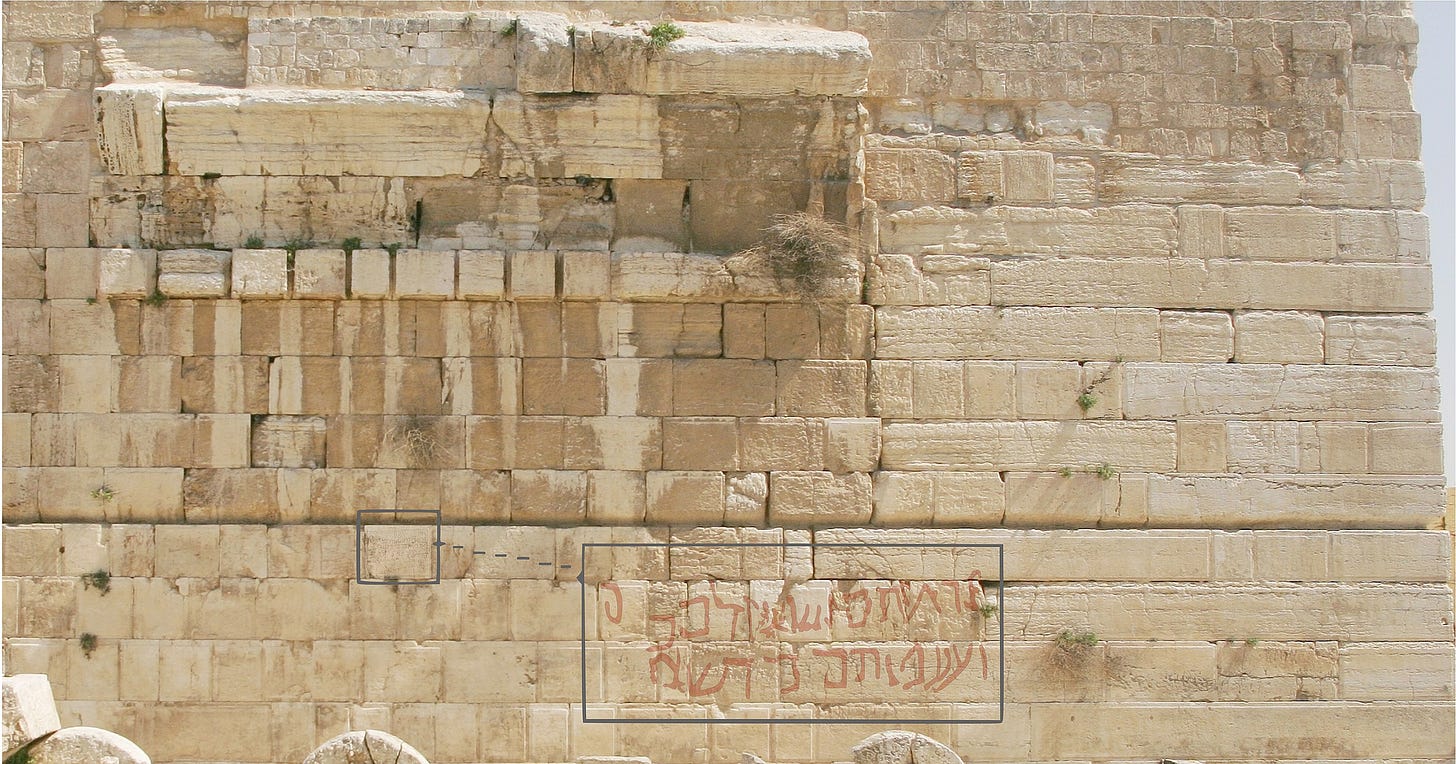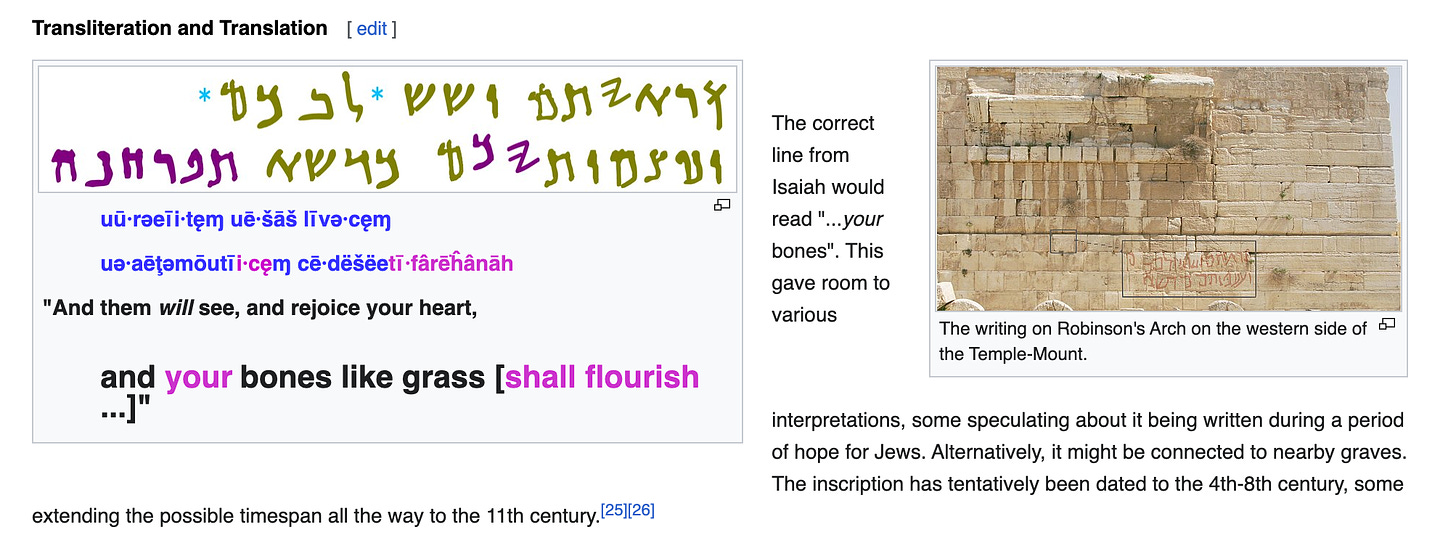God of life and love, or resistance and resilience,
As we mark this week the days of remembrance, we are shaken to the core at the persistence of evil in our world – at the seeming triumph of hate over love. We mourn for the victims of unmitigated hatred, such as those killed and taken captive on October 7. We are saddened at the loss of all innocent life, including many who have died in Gaza these past several months.
And yet we know that even as Auschwitz can only represent the apex of evil, from its ashes and embers emerged generations who embraced life, a Jewish state that flourished, and a spirit of unity in Europe and elsewhere that joined former enemies together in common purpose. From those ashes emerged hope then – let them bring forth hope now.
We pray that our common goals of peaceful coexistence not be extinguished by the flames of hate, that innocence be protected wherever it may dwell, and that the victims of the Holocaust stand as an everlasting memory for the world, so that what happened will never be repeated, and that there will be an ultimate triumph of life and hope.
Let the words of Isaiah 66 come to pass: “You shall see and your heart shall rejoice, your limbs shall flourish like grass. As a mother comforts her child, so will I comfort you; you shall find comfort in Jerusalem.” *
Amen
*Here’s the backstory on Isaiah 66, shared with the congregation last Shabbat:
As devastating as these past several months have been, a particular passage from Isaiah reminds us that our situation is not a unique one in Jewish history. It is a magnificent message of comfort and hope, spoken by Isaiah during the Babylonian exile of the 6th century BCE.
Chapter 66, Verse 13: “As a mother comforts her child, so will I comfort you; you shall find comfort in Jerusalem
During the archaeological excavations that were carried out near the Temple Mount, an inscription was discovered on a stone of the Western Wall. It turned out to be a paraphrased version of the very next verse Isaiah (66:14): "You shall see and your heart shall rejoice, your limbs shall flourish like grass."
Although it is impossible to date the inscription with certainty, some suggest that it expressed the enthusiasm that seized the Jews when the Emperor Julian the Apostate (r. 361-363 CE) decided to rebuild the Temple. Julian, called the Apostate by Christians because he restored paganism, wanted to uproot Christianity, and rebuilding the Temple was part of his strategy to do just that. He wrote to the Jewish community:
"I too shall build and populate, by my efforts, after I successfully conclude my war against the Persians, the holy city of Jerusalem, which for many years you have yearned to see settled by yourselves, and together with you I shall give glory to the very great God."
The inscription on the Western Wall may well have reflected the joyous prospect that the Temple would be rebuilt. Alas, the project was suspended after a fire that broke out at the site, and a month later Julian was killed in battle. His vision never came to fruition.
Imagine how history would have been different if his plan had succeeded. I’m no fan of rebuilding the temple now, but then it would have been the game changer that has nearly happened so often in Jewish history, only to have hopes abruptly dashed.
I’ve seen that graffiti many times; some of my Israel groups have actually prayed under it, since it is located in that southwestern corner of the Kotel adjacent to what is now called Robinson’s arch, the area where egalitarian worship has been allowed.
And each time I look at it, I think of the joy those workers must have felt – and how devastated they must have been at Julian’s sudden demise. They would have been even more devastated had they known that only a few centuries later there would be a new religion, Islam, that would build a shrine, the Dome of the Rock, on that very spot, and that it would take 17 centuries for the Jewish people to regain control over that holy place, but even that the temple itself would not be rebuilt.
We’ve had similar disappointments. The death of Julian the Apostate is comparable in some ways to the death of Prime Minister Rabin and the Oslo process, and the bus bombings of the second intifada.
So close and yet so far. It is a story we have been repeating so often over those 17 centuries, and especially recently. Hopes raised, hopes dashed.
But even during the Holocaust, people found ways to keep hope alive (See my article about the secret synagogue of Terezin, for a perfect example).
Compared to 17 centuries, 76 years is not a long time to be lingering, not a long time of “not yet.”
Commentator Ari Shavit described Israel in this way, back in 2006:
“Israel is a state, which possesses rare strengths. There is no need to dwell on its military strength. Nor is its economic strength hidden from view. Yet what has been proved is also that Israeli society is a very strong society. Faced with the trial of terror, Israelis displayed an almost British fortitude. Faced with the challenge of the disengagement, Israelis proved there is much more that unites them than divides them. Between the Passover massacre in Netanya in 2002 and the present (2006) Passover, Israeli vitality outdid both Palestinian fanaticism and Jewish fanaticism. It stood up to the terror, rebuffed death and eliminated messianism. It not only proved the strength of Israeli life, but created a situation that could be termed a victory of life.”
It can be said that Israel is for more despondent now than in the early 2000s, but if so, not by much. October 7 shattered the illusion of quiet. It shattered all hope. But Israelis have learned to live with the terror – with the operative word being “live.”
Life triumphs. Even after the Holocaust, life triumphs. Even after October 7, life triumphs. It did then and it will now.
And so, on this week leading up to Yom Ha-atzmaut, we think of those 4th century workers at the wall who possibly inscribed that verse from Isaiah - and we think of Isaiah himself, who composed those inspirational words from exile in Babylonia.
You shall see and your heart shall rejoice, your limbs shall flourish like grass.
We are living at a truly remarkable time, where there is a Jewish state, one that those workers 1700 years ago never could have imagined. The Jewish people have been reborn, in our homeland. That fact has happened – nothing “not yet” about it. We can’t rest on our laurels in but we can rest assured that Isaiah’s vision, and the dream of these workers, has already been fulfilled.



No comments:
Post a Comment